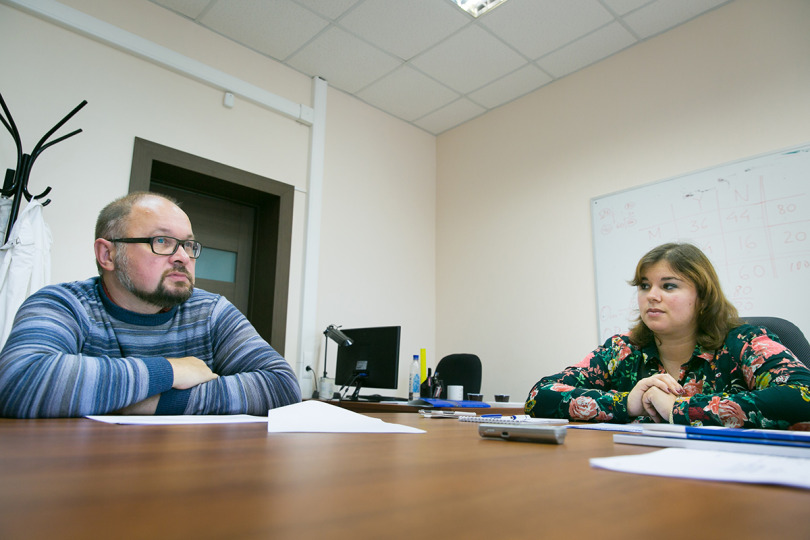
International Not Only in Name
The International Laboratory for Comparative Social Research (LCSR) was established in 2010 in the first wave of a competition for government mega-grants to attract major academics from abroad to Russian universities. The famous American sociologist and political scientist Ronald Inglehart, Founding President of the World Values Survey and professor at the University of Michigan, became the laboratory’s first Academic Supervisor.
Social Contracts: No Single Solution to Poverty
Encouraging entrepreneurship, providing social support services and helping people find jobs are all part of a new ‘social contract’ programme introduced across Russia to assist poor families in becoming financially self-sufficient. Using formal contracts to encourage low-income people to engage in economic activity is proving to be more effective than welfare handouts, according to researchers of the HSE Centre for Studies of Income and Living Standards.
Globalization Is not Saving Developing Countries from Inequality
The processes of globalization should have contributed to reduced inequality in the world. In reality, however, the situation looks differently, with income inequality in the populations of developing economies growing. To correct this, the level of education of low-skilled workers must be increased, said Eric Maskin, Chief Research Fellow at the HSE International Laboratory of Decision Choice and Analysis and Nobel Laureate in Economics for 2007.
1.5
is the minimum number of times by which Russia’s housing market will decline in value terms in 2015.
Annual Conference of Consortium of Higher Education Researchers
On September 7-9 The Annual Conference of The Consortium of higher education Researchers / CHER 28th Annual Conference took place in Lisbon, Portugal. This year’s theme was ‘Global Challenges, National Initiatives, and Institutional Responses – The Transformation of Higher Education’. The participants discussed recent transformations in higher education: what global challenges the universities face and how to cope with these challenges.
Russians Vulnerable to Ischemia and Stroke
Over the past two decades, the average life expectancy in Russia has increased by 2.3 years for women and 1.4 years for men, according to a recently published paper based on the WHO's Global Burden of Disease (GBD) assessment – a major epidemiological study by a group of international experts, including Vasily Vlassov, Professor of the HSE Department of Health Care Administration and Economy.
‘Making It to This Forum Is Already an Incredible Feat’
For the first time ever, a doctoral student of the Higher School of Economics took part in the Heidelberg Laureate Forum, the world’s largest forum for young researchers in the fields of mathematics and computer science. Over the course of one week, the participants were able to meet and discuss their projects with laureates of awards such as the Fields Medal, Abel Prize, and Turing Award. Olga Tsukanova represented HSE at the Forum, bringing with her a project on mathematical modelling.
81%
of teachers at Russian universities last year produced at least one publication and presented at least once at a conference.


Registration deadline - April 30